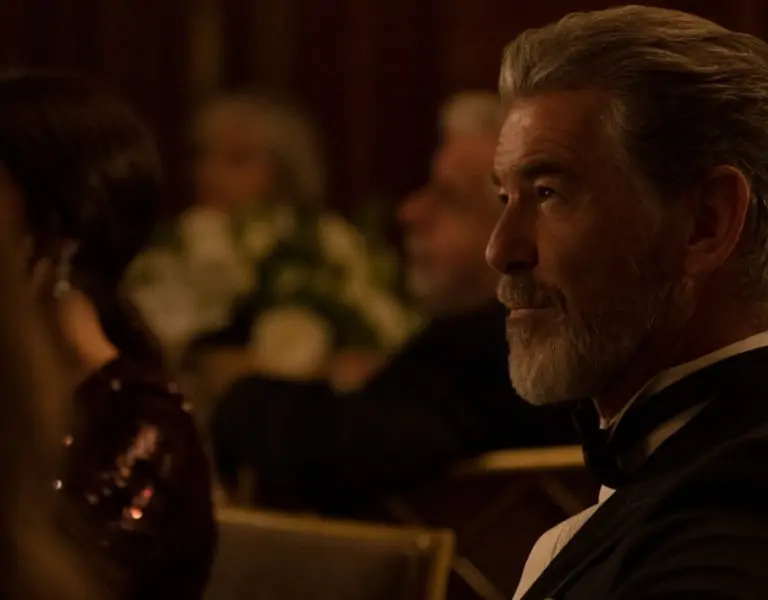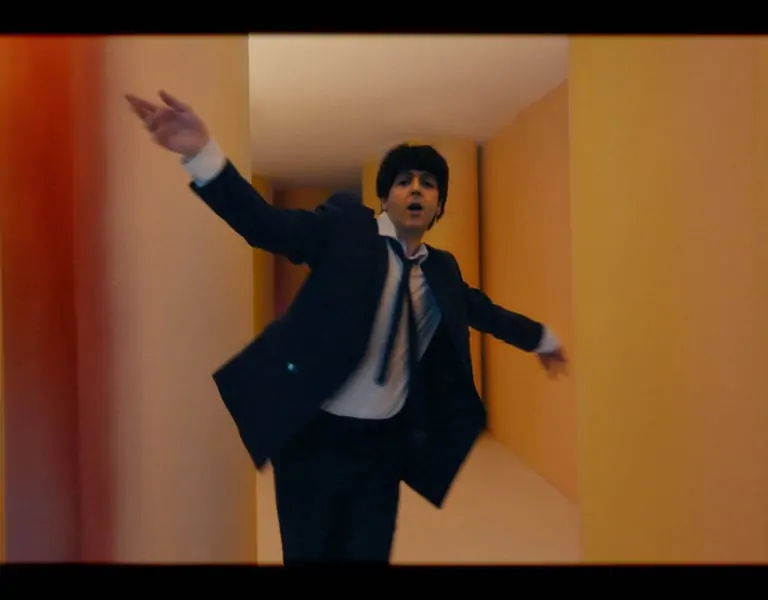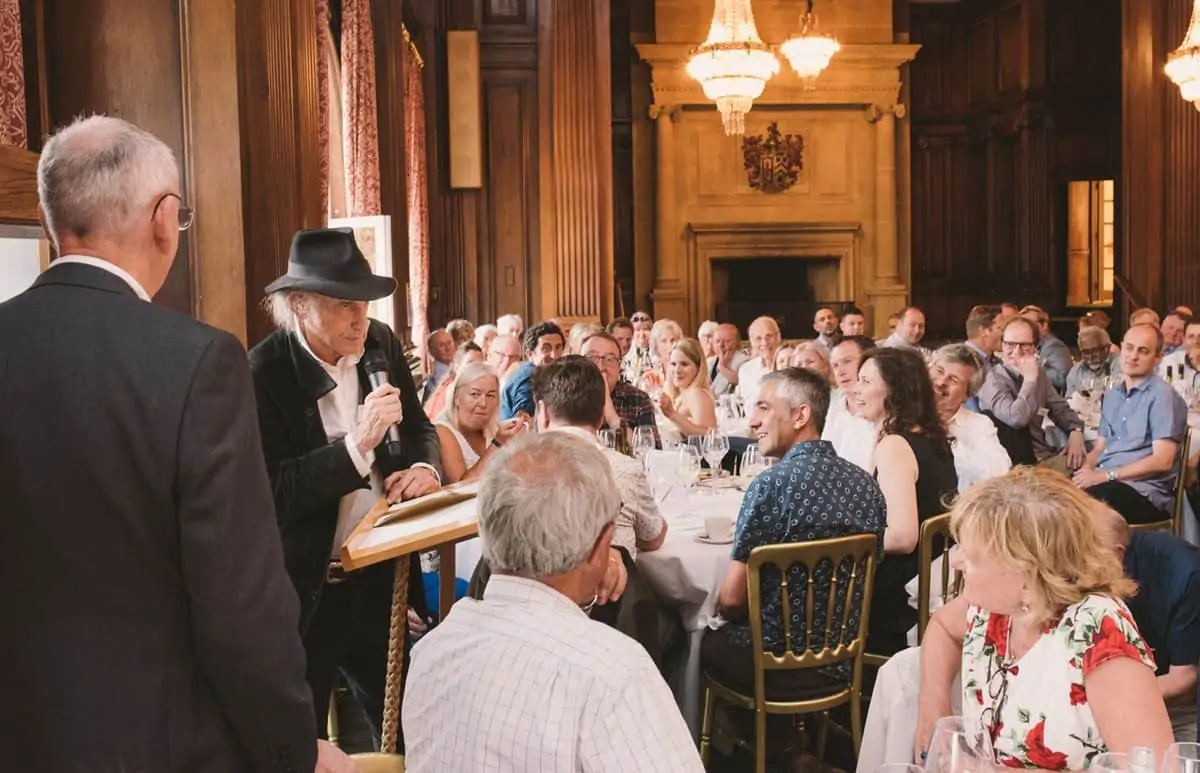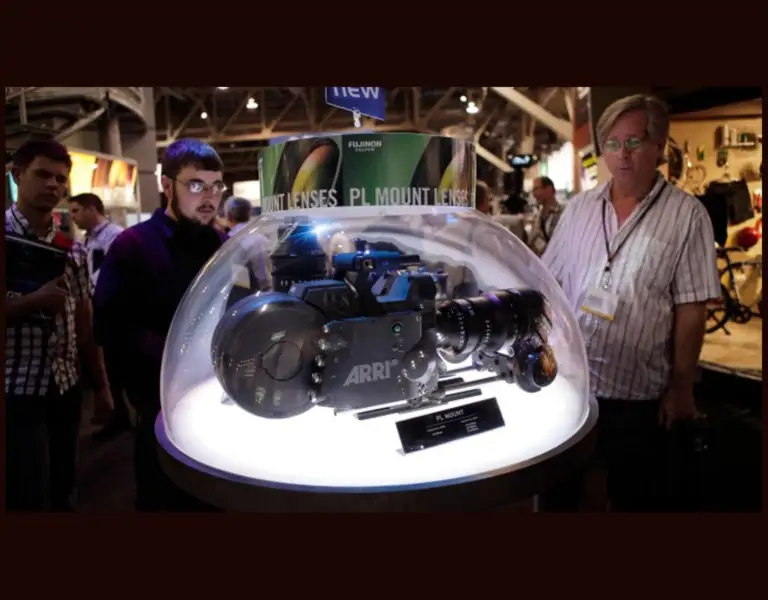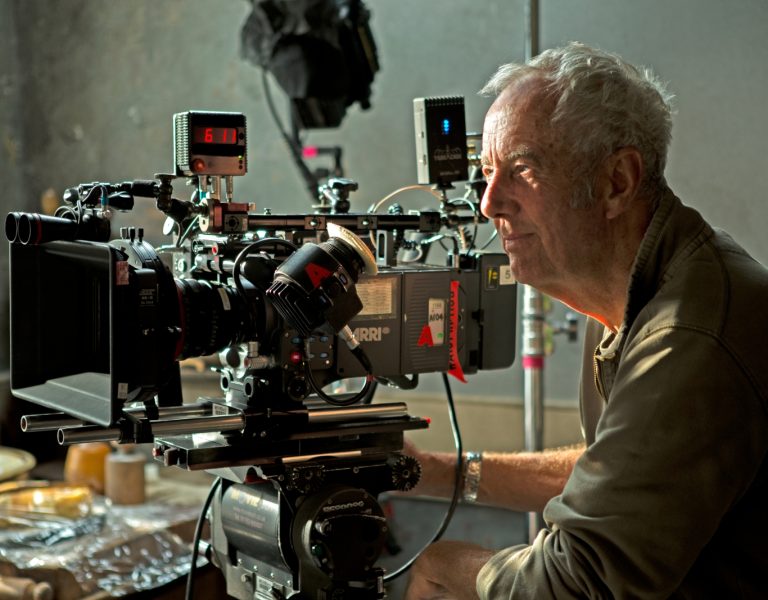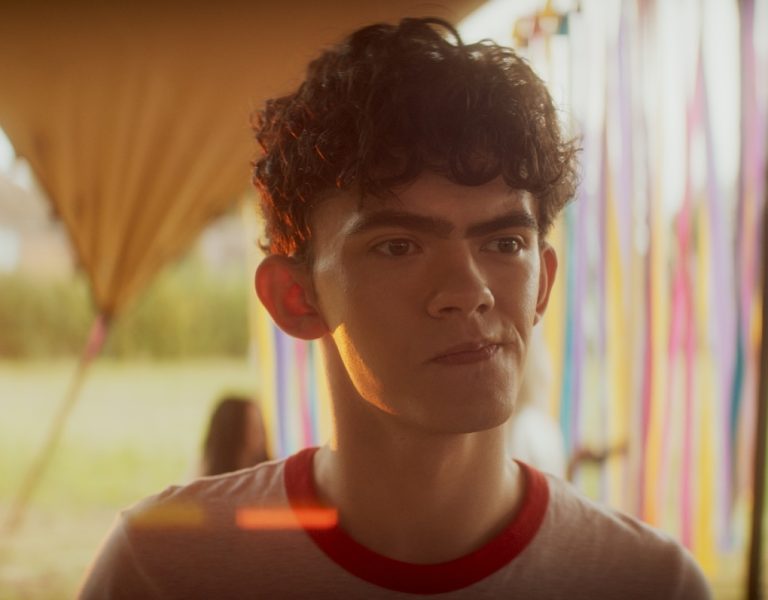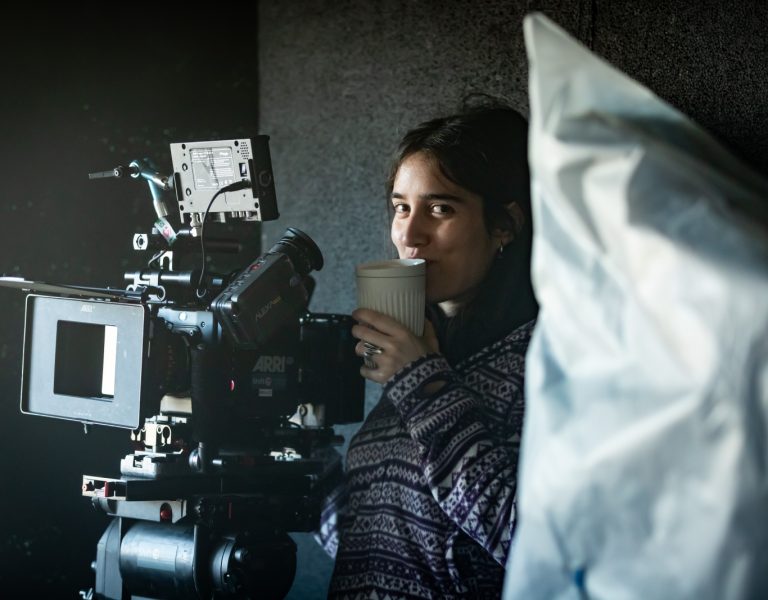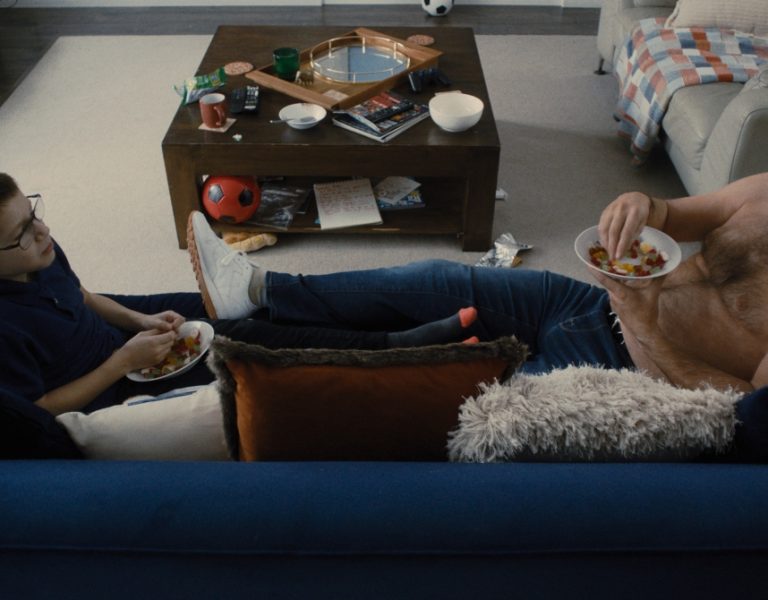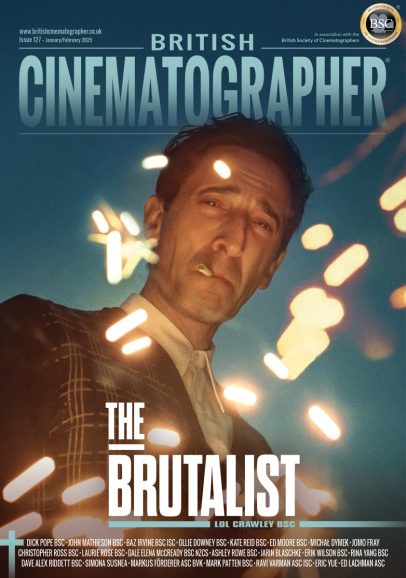Normally, we aim to get the end-of-June column in ahead of the 4th of July, so everything can be edited and laid out ahead of the holiday, which of course isn’t one at British Cinematographer’s home office. But here in the LA field bureau, we still have some of those familiar calendar rhythms to mark time, even if other rituals remain changed. This would usually be our post-Cine Gear column, for example, though that event is now slated for late September – to be closely followed by a reconstituted NAB in early October.
Whether both events will then immediately resume their previous spring schedules merely a few months later, remains to be seen – Delta variants, and all other variants, viral and otherwise, notwithstanding.
Another variant here is, of course, the weather. The Western US is broiling, as you’ve doubtlessly read – perhaps the worse sustained drought in a mere 1, 200 years. And while that isn’t the stuff of this column, specifically, a west that is always running out of water, with people always running from wildfires, will eventually become a west much different than the one in which the film, social media, and streaming businesses were launched.
Kind of a macro-version of “stay tuned.”
As for NAB’s host city, the perpetually metaphorical Las Vegas, now at the mercy of a Hoover Dam with only about a third of its usual water capacity, one of this spring’s viewing delights – speaking also of streaming – is set there. We refer to HBO Max’s Hacks, starring Jean Smart as headlining Vegas comedian Deborah Vance, whose career appears to be hitting its dreaded post-peak phase. She’s initially duped into mentoring Ava, a young, solipsistic TV writer, played by Hannah Einbinder, currently in exile from LA after a particular tweet goes awry.
For Smart, with her poignant and layered turn here following her work in Watchmen and Mare of Easttown, she may be having her own version of a “McConaissance” as bruited about for Matthew McC., when he hit a similarly fruitful stretch that included HBO’s True Detective. But Smart’s work is hitting on so many cylinders that her own career Renaissance seems downright Venetian.
Which gets us back to Vegas.
Given where it’s set, there are bound to be fantasy aspects to the show. Not only is there a starker glitz than that found in LA – perhaps due to the even more unvarnished desert light there – but also a Vegas where COVID and pandemics appear never to have happened (though to be fair, there is a whole running subplot about Vance’s excess water use).
Yet the whole show was actually shot during the pandemic year we may, or may not, be emerging from (indeed, LA County went back to recommending indoor masks for all, as this column was being written). Hacks’ cinematographer Adam Bricker tells us that “every phase of production was impacted. The writers room met virtually on Zoom, everyone on set was rigorously COVID-tested and PPE’d to the hilt, and in post-production we reviewed colour grades on our iPads. It was a unique filmmaking experience to say the least, but we all knew how lucky we were to be working and I was proud of how the whole team rose to the occasion.”
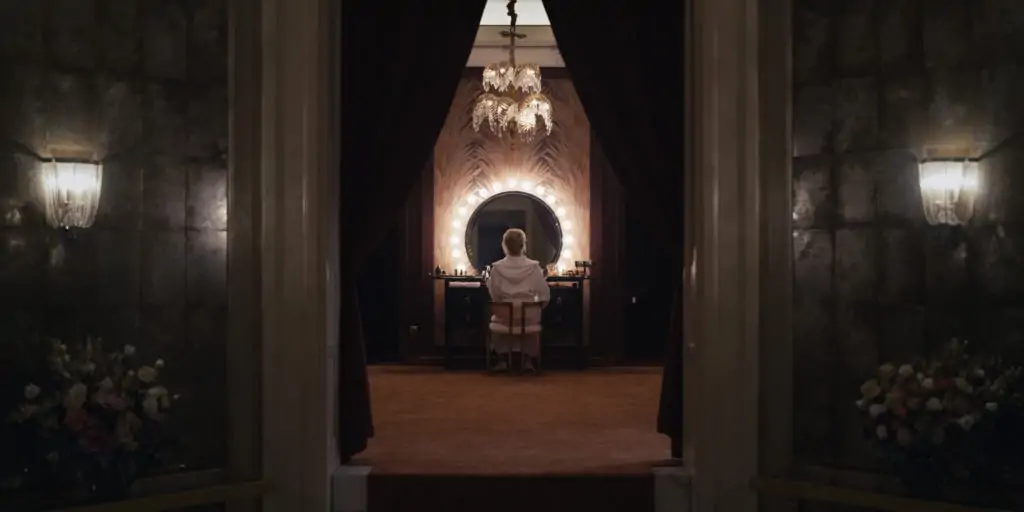
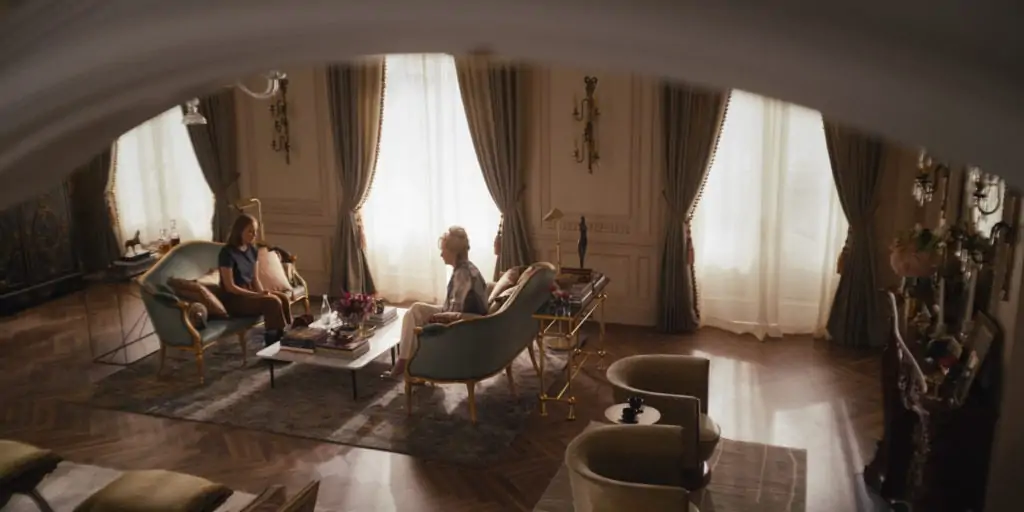
It was work that Bricker – a previous Emmy nominee for the Netflix documentary series Chef’s Table – pursued early on after first reading the pilot, “and was eager to be involved. Not only was it genuinely funny, but the Deborah and Ava characters were written with such great depth. The series opens with an extravagant, energetic long shot (of Deborah wrapping up a live set, walking backstage and through the hotel, all from behind, until she sits in front of a dressing room mirror), that’s later juxtaposed with somber, isolating wide frames. It’s rare to find a half-hour comedy pilot so rich with character-motivated, visual storytelling, let alone from page one of the pilot.
“Though Hacks, a scripted comedy, and Chef’s Table, a culinary documentary series, may not seem to have much in common, they’re both character-driven narratives at their core. So, with that as a jumping-off point, I found my angle by using cinematography to underscore the characters’ emotional journeys and always looked for opportunities to make it as filmic as possible.”
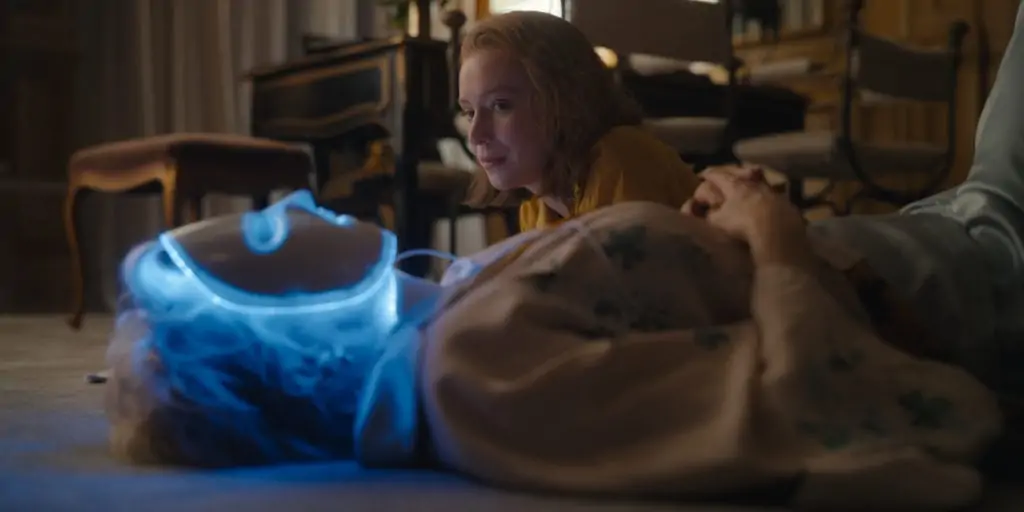
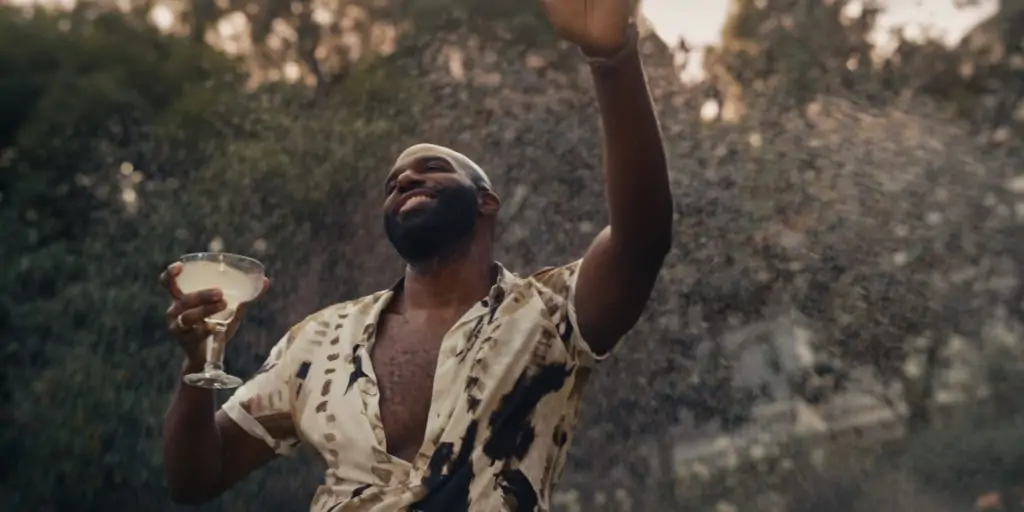
Some of those opportunities came from wielding his trusty RED sensors on the show, starting back when, as a recent film school grad, “my best friends and I raised funds to invest in a RED ONE, and since then, I’ve shot on the RED system. The RED camera has always been the tool with which I’m most comfortable and shooting on it is second nature.”
In this case, though, it was a MONSTRO sensor housed inside a Panavision DXL2. “I worked with Guy McVicker at Panavision to customise the optics of our Primo 70 lenses. I sent Guy clips from Behind the Candelabra and Judy, which Lucia (Aniello, series co-creator, co-writer, and primary director) and I had frequently referenced.
“Customising the lenses is a fun process. Guy brings the adjusted glass out of the lab for Lucia and I to test and play with, and we’re able to give rounds of notes and tweak the recipe. In the end, you get a unique set of lenses that no one has ever shot on before. It’s very special.”
Besides bespoke glass, Bricker also used “camera movement (as) another opportunity to reflect our characters. Deborah is old-school, so we moved the camera using dollies and Steadicam, in a classical filmmaking style. For Gen-Z Ava, we operated handheld with an Easyrig. The looser, improvisational approach feels more contemporary. The two styles collide when Deborah and Ava finally meet at the end of the pilot. They’re in Deborah’s mansion and while she’s in control the cameras are static. When Ava stops being polite and starts pushing back, we switch to handheld to mirror the shifting power dynamics at play in the scene.”
And they remain shifted and dynamic throughout the surprisingly captivating series – almost enough to make one willing to head back to Vegas for the throngs of an NAB show, if just to see whether such vivid characters are still flourishing in the desert sun.
It was another vivid character that inspired 3AM on Frenchmen, from newly minted documentary filmmaker Zachary Bako, telling the story, in Bako’s words, of “soulful hip-hop artist Ray Wimley on his mission to inspire his vast audience, along with a tight knit collective of fellow musicians. Ray’s gripping performances evolve as he begins to hone his lyrics and his sound, turning inward to connect with his deepest ambition.”
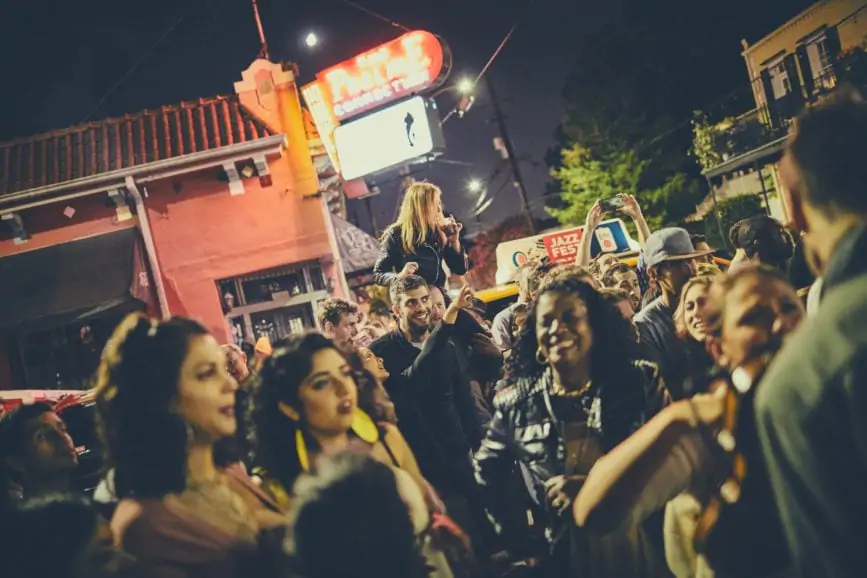
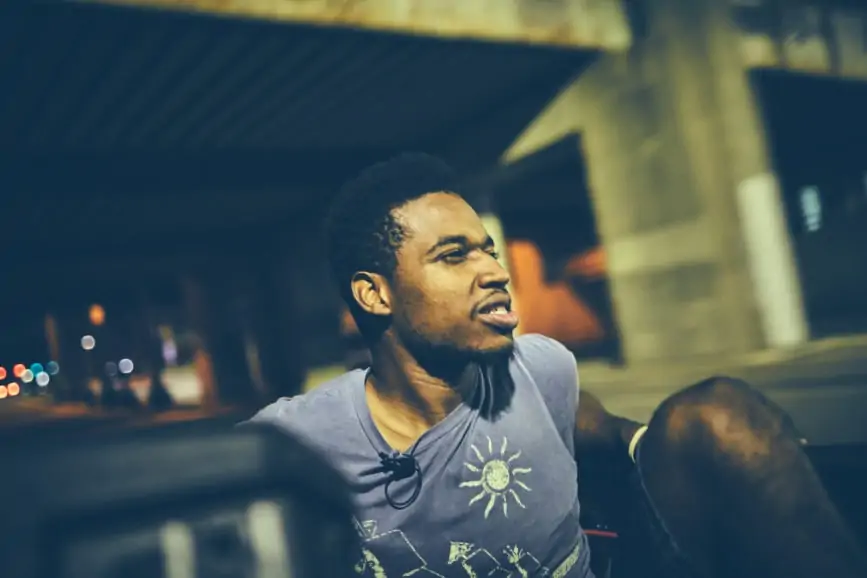
These particular ambitions play out at night, on the boulevards of New Orleans, particularly the titular Frenchmen Street.
Bako had been shooting profiles of artists in Beijing but had left China to pick up the documentarian’s mantle here in the States, when he found himself “in New Orleans on December 17, 2016, for a celebration with friends.” An America still reeling from election shock, perhaps, but yet to get acquainted with emerging novel viruses. “As we were walking down Frenchmen this sound came barrelling down the street. The piano and vocal percussion came first, then Ray’s lyrics. I turned to Christina Lee, who would become the co-producer and assistant editor, and said, ‘I am sorry, we need to stop and watch this.’ Ray’s lyrical narratives never use profanity and are about everyday struggles, creative problem solving, family togetherness, chasing dreams, unconditional love and awakening to spirituality. Something I definitely wanted and needed to hear. His philosophy of the basic principles of life struck a deep chord within me.”
Those chords, both the emotive ones felt by Bako and Lee, and the literal ones being sung and performed by Wimley, and the group he performs with, The Harbinger Project, were captured, by a pair of lavalier mics and sound recorders, and Bako’s Canon EOS 5D Mark IV, usually mounted to a shoulder rig.
Bako says he “was a Nikon shooter but switched to Canon. I was living in New York City at the time. We were still shooting chrome when digital cameras came into the game with this massive force,” adding the somewhat Warholesque observation that “photographers were now directors. It was something we all adapted to.”
“When purchasing camera bodies, I skipped the 5D Mark III,” he notes, “so I was patiently waiting for the Canon EOS 5D Mark IV and once the project came into pre-production there was no second thought of what I should be using. The ability to switch between stills and motion was a must and already owning all the Canon glass, the decision was obvious. We work with all primes, own all our gear. Our kit has the 14, 24, 35, 50, and 85 lenses, and then a 21 and 100 macro manual focus to add a little something extra when we need it.”
After the shooting wrapped, “we sat on the footage for a while. I wanted to get as far away from the experiences we had while filming. I reconnected with their music, constantly playing live sets while stuck in traffic in Los Angeles. It took about two weeks to reconnect with Ray’s message. And once we started to lay out the timeline, Christina really moulded it into what you see today. Once the edit was visualised, I do not think I got up from my computer for a month until it was complete and polished.”
Additional polishes included colour grading by Ryan K. McNeal at LA’s RKM Studios, “who added a whole new dimension to what (supervising sound editor) Marc (Mellens) did.” Though they “left one scene ungraded, because it was so powerful as it was.”
You can find Bako’s US debut – and take your own 3am stroll down Frenchman – currently on Quincy Jones’ Qwest.TV, where it’s been playing as part of Black Music Appreciation Month. It’s also available on this side of the pond through Comcast Xfinity.
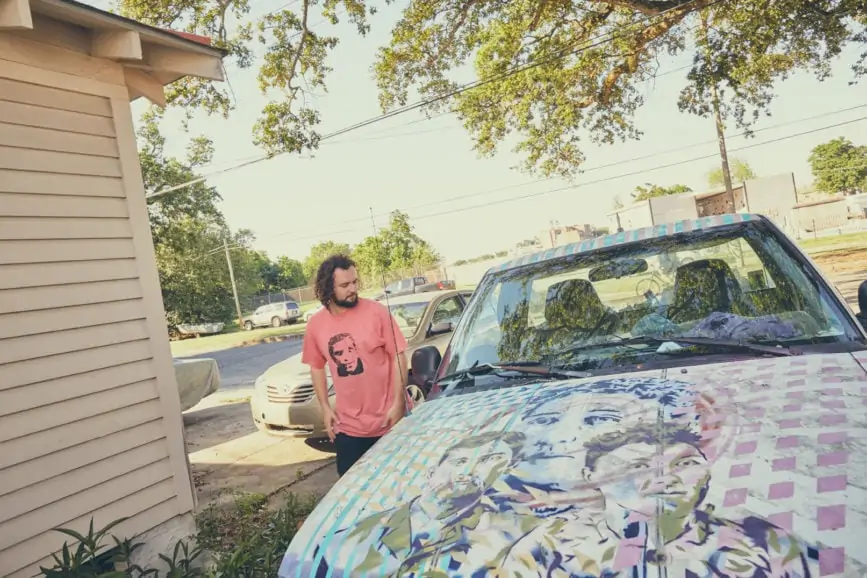
Meanwhile, we beg your indulgence – hopefully the oversight doesn’t quite require all-out “forgiveness” – for not remarking on the recent ASC elections, which had just concluded at the time of our previous column. This was, in part, because it turned out to be a busier-than-anticipated edition of ATP, but also because, befitting a creative institution with a century-long history under its belt (or behind its apertures), the Society’s results were of the steady-as-she-goes variety, while the world continues to roil around the august group.
In other words, all their officers, representing the most diverse slate they’ve had, were all returned to, well, their offices. The lone exception was new sergeant-at-arms Jim Denault ASC, and perhaps his recent credits on Law and Order: Organized Crime, make him particularly suited for the position should he ever have to toss someone from the clubhouse.
Meanwhile, Stephen Lighthill ASC remains President, in an election not the least bit plagued by controversy, for another one-year term along with Vice Presidents Amy Vincent ASC, Steven Fierberg ASC and John Simmons ASC, Treasurer Steven Poster ASC, and Secretary Gregg Heschong ASC.
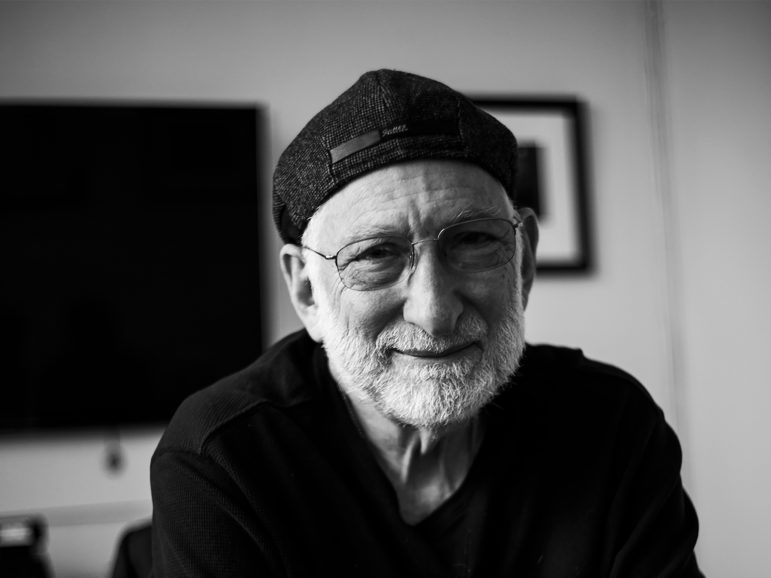
In a statement, Lighthill said that “as we safely emerge from the pandemic, we plan to continue to share our expertise on best practices for remote solutions and virtual production in service to the artistic process of filmmaking. We also remain focused on recruiting diverse and inclusive crews,” and later added the ASC looks “forward to relaunching some of our events in person later this year, in addition to reopening our historic clubhouse.”
And we look forward to eventually reporting from there, too. That is, if we can get past Mr. Denault.
Meanwhile, send your thoughts and their variants to AcrossthePondBC@gmail.com, or find us @TricksterInk.




